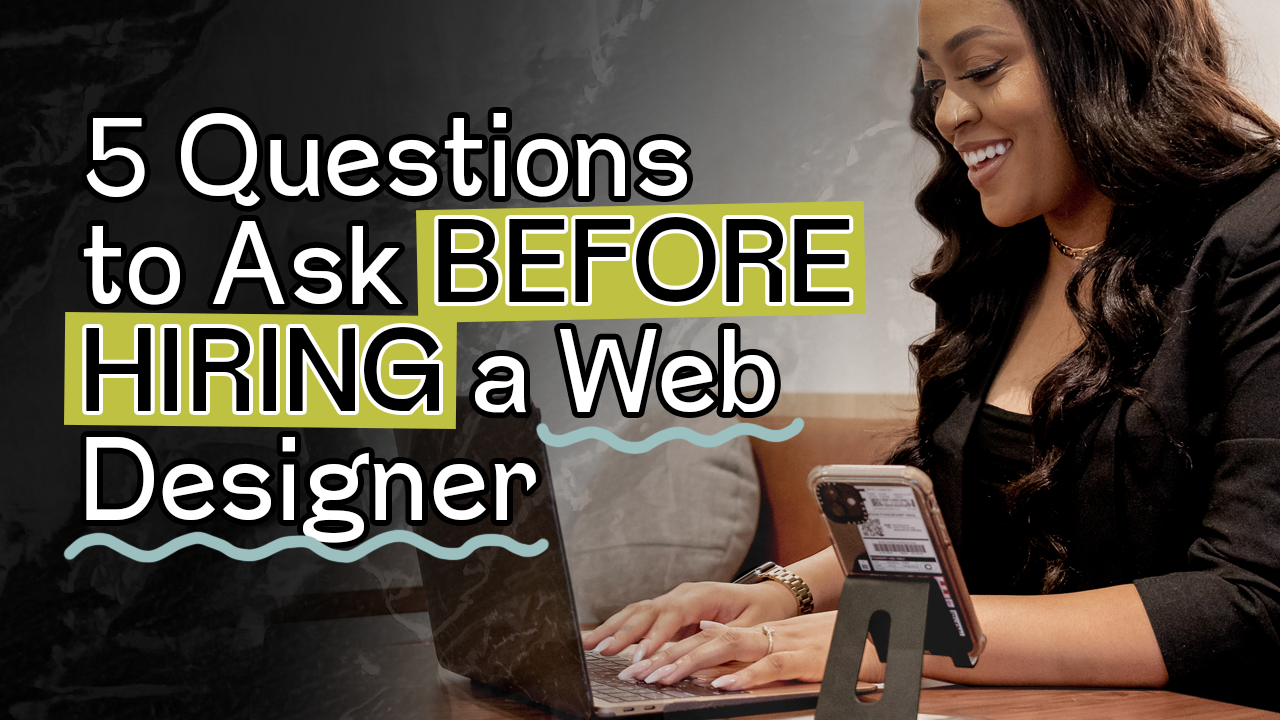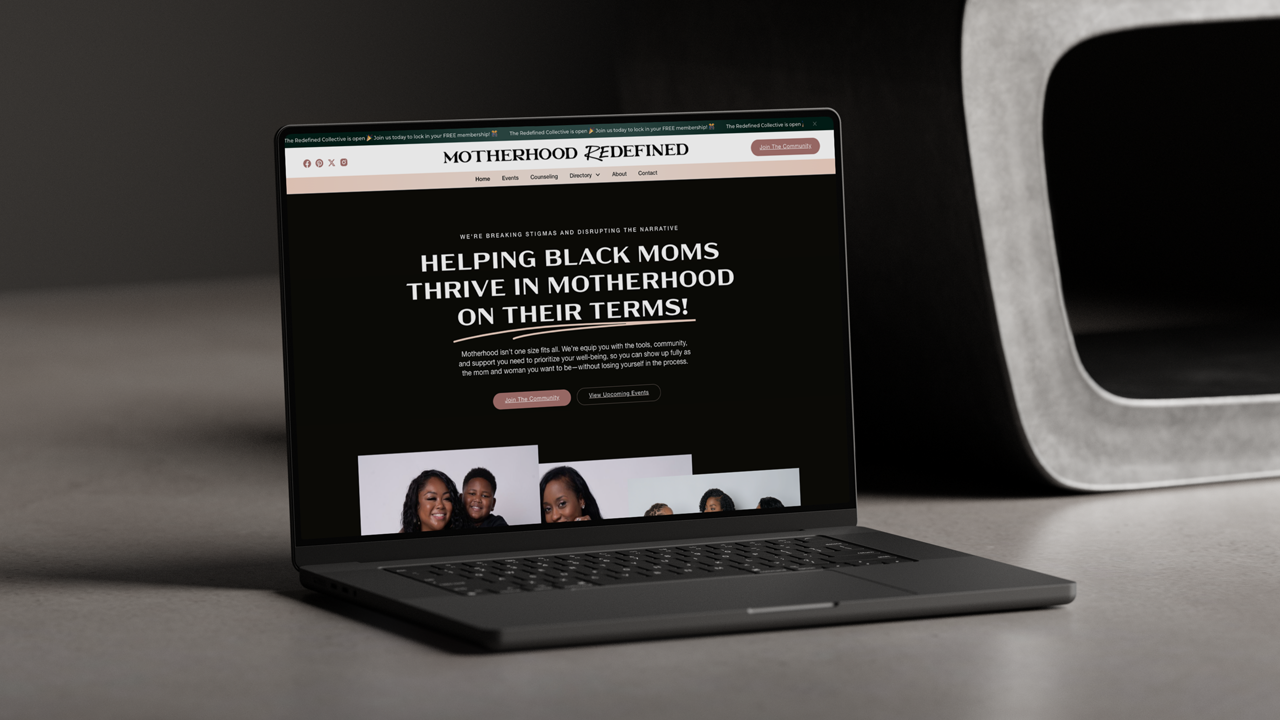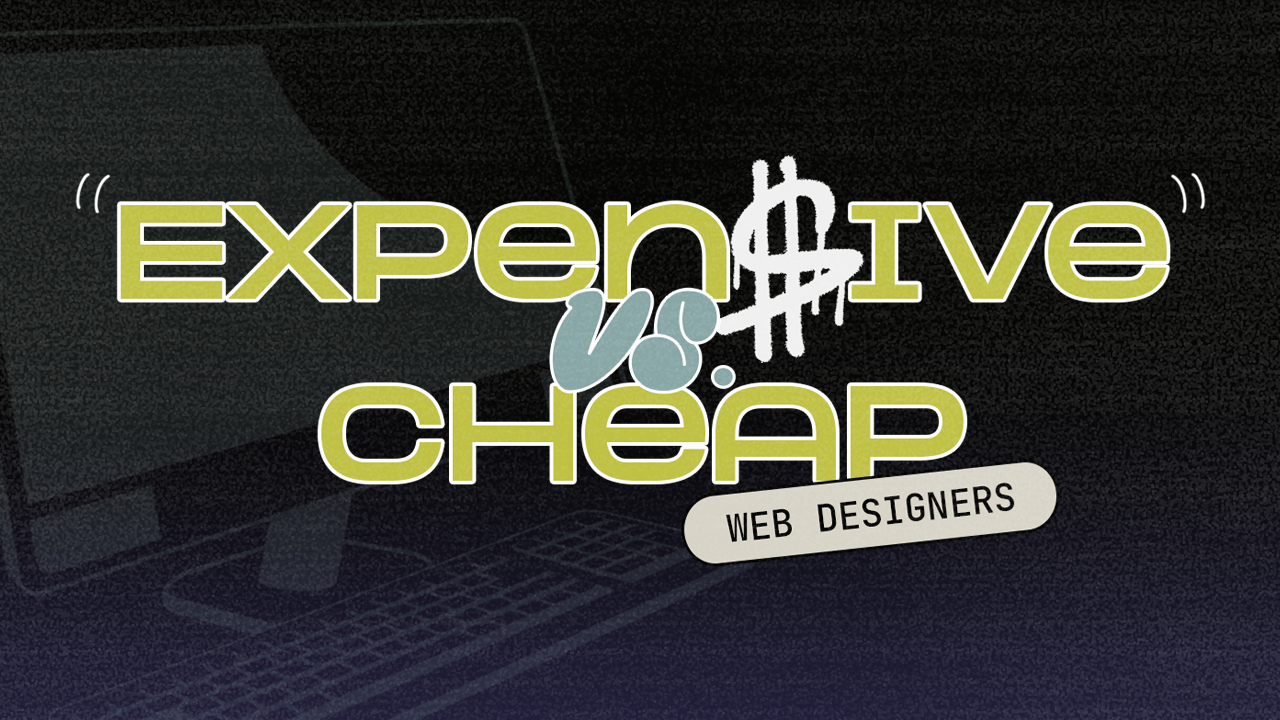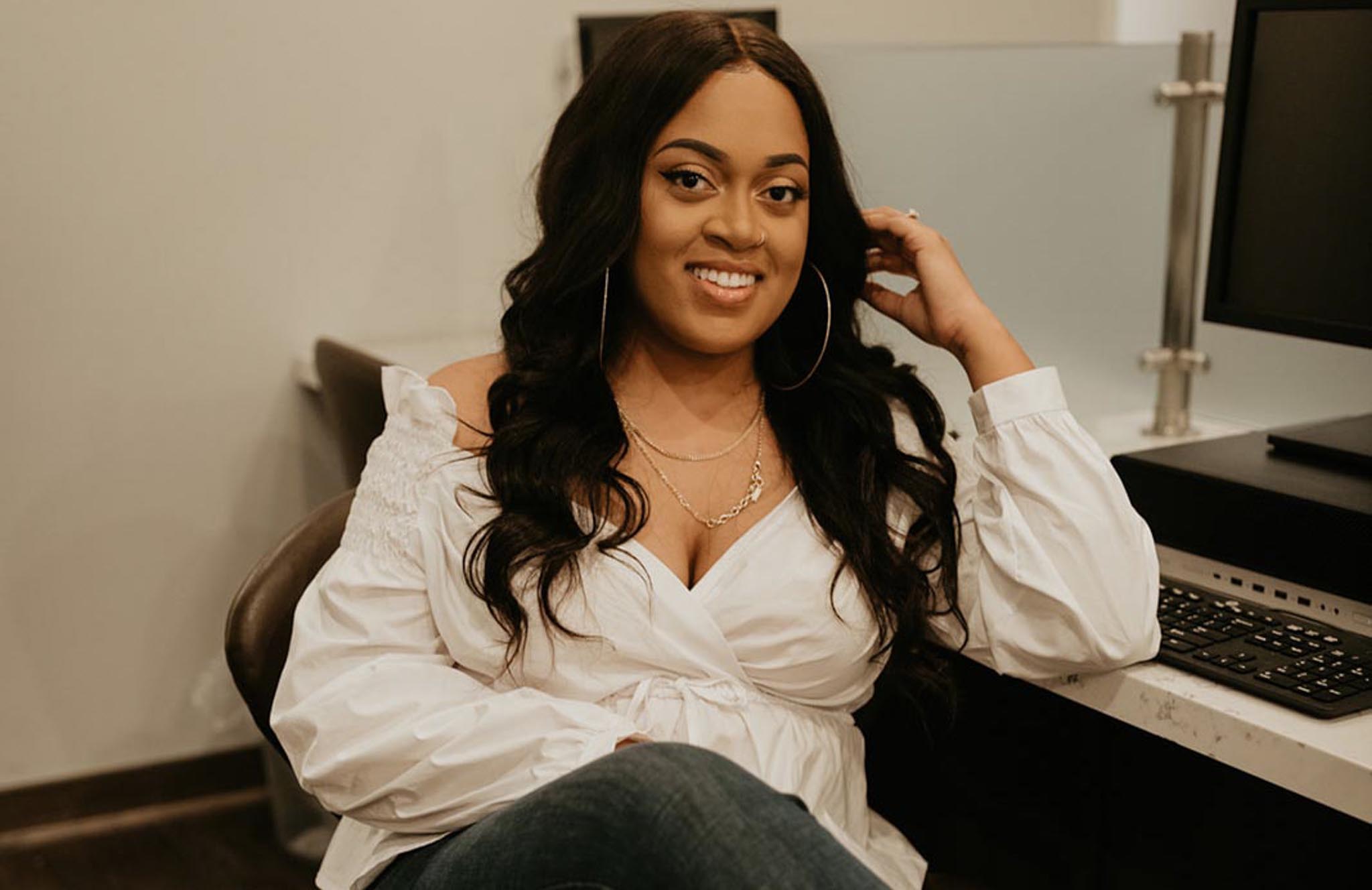5 Questions to Ask Before Hiring a Web Designer (That Most People Overlook)

Rather not read? Watch the video instead!
Choosing the right website designer isn’t just about picking someone with a Pinterest-worthy portfolio or the lowest price tag. It’s about finding a design partner who fits your work style, understands your industry, and can bring your vision to life, without sending your stress levels through the roof.
Sure, you could stick to the basics like “How long will it take?” or “How much do you charge?” But there are other (arguably more important) questions that will help you figure out if it’s actually the right fit before you sign on the dotted line with a web designer.
Before you even get to the point of hiring a designer, it helps to understand whether your website needs a refresh or a full redesign.
If you’re a beauty or wellness entrepreneur investing in a new site, here are five must-ask questions to keep your website project on track and your peace of mind intact.
Question 1
How much involvement do you expect from me during the design process?
Some designers thrive on collaboration, while others prefer to take the reins and run with them. It's important to consider how much you want (and realistically have time) to be involved: Do you want to give feedback at every stage of the project or take a more hands-off approach?
Whether you've decided on a website refresh or a full redesign, talking about these expectations upfront helps avoid frustration on both sides. If you're launching a new service, growing your team, or raising young kids, you may not have time to be super hands-on, and that’s okay. Just make sure the designer you choose can accommodate that.
💡 Lab Tip: Cross-reference your project date and your calendar. If you're in a booked and busy season, choose a designer who can work independently with minimal check-ins.
Question 2
What’s your preferred timeline for feedback and approvals?
Web design timelines can be tight. Delayed feedback can snowball into missed deadlines, pushing your launch date further and further away. Some designers require feedback within 48 hours; others are more flexible.
If it takes you a while to make decisions or if you often have a jam packed schedule, this question will save you both from missed deadlines and awkward nudges.
💡 Lab Tip: Be realistic on how much time for approvals you think you'll need. It will help your designer build buffer periods into your project timeline if needed.
Question 3
Who will be working on my project? How many projects do they typically work on at once?
If you’re talking to an agency, you might have your consultation with a sales rep or project manager, not the design team. If you're working with a solo designer, you may want to get an idea of their current workload.
Either way, clarity matters. A designer or design team juggling too many clients could leave your project stuck in limbo. But a dedicated creative with the right systems in place will move you through the process smoothly.
💡 Lab Tip: Ask how they manage client communication, and whether you’ll have a single point of contact throughout the project.
Question 4
Will I be able to make my own updates after my website is launched?
No one wants to email their designer just to update business hours or to swap out their new headshot. Ask if your website will be built on a user-friendly platform like Webflow or Showit, and whether you’ll receive training to make updates yourself. If you're the DIY type, you’ll want to make sure the website is designed with that in mind.
💡 Lab Tip: Bonus points if your designer offers custom video tutorials or a training session to show you exactly how to manage the basics.
Question 5
How do you handle client revisions, and how many are included in the price?
There’s no such thing as a one-and-done website design process, revisions are inevitable but every designer handles them differently. Some designers offer unlimited changes within a set amount of time, while others cap rounds of revisions per project stage.
Will you review a wireframe first, then full design mockups? Is the content finalized before design begins? Clarity here will help prevent confusion and unexpected invoices from hitting your inbox.
💡 Lab Tip: Understand what the revision process looks like (and how many are included) to avoid hidden fees later on.
A Strategic Website Starts With the Right Questions
Choosing the right web designer starts before you sign a contract. It starts with the questions you ask during your first conversation. Getting clarity on communication styles, expectations, and post-launch support can save you a lot of stress (and money) down the line.
So before you fall in love with a designer's portfolio, get clear on how their website process and how they work. Don’t be afraid to treat your discovery or consultation call like an interview (because it kind of is!)
If you’re looking for a website designer who gets your vibe, understands the beauty and wellness industries, and builds sites that actually convert? Let’s talk about working together.

You may also like...

Not sure whether to refresh or redesign your website? This guide explains the key differences between a website redesign and refresh, when each option makes sense, and how to choose the right solution based on your business' needs, not trends.

There's a big difference between a web designer that charges $500 and one that quotes $5,000+ (and the difference goes way beyond the price). This blog breaks down what you’re actually investing in when you hire a seasoned web designer and why choosing the cheaper option can end up costing you more.





